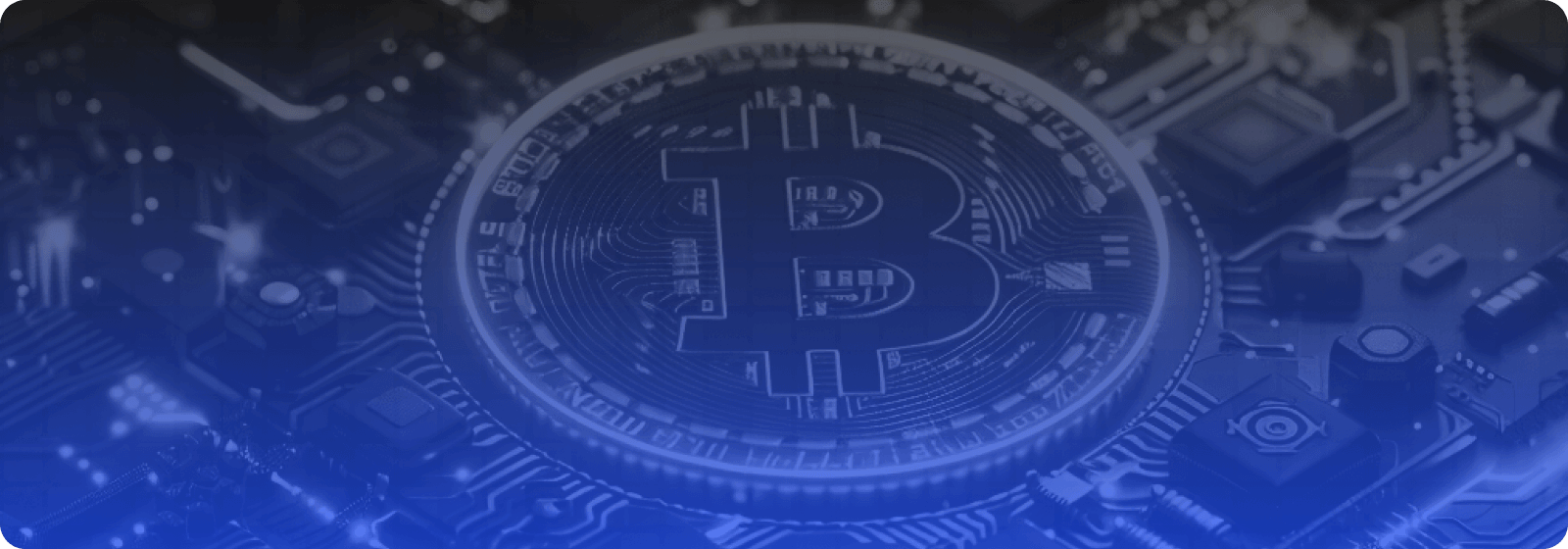-
 @ IBiz
2024-11-22 16:04:49
@ IBiz
2024-11-22 16:04:49 --What Makes Bitcoin Different From Other Currencies?
Difference between Bitcoin and Fiat currency like Dollar or Euro
When you compare Bitcoin to traditional currencies like dollars, euros, or yen, the contrasts are striking. Traditional currencies are produced and controlled by governments and central banks, available in both physical (coins, bills) and digital forms (bank account numbers).
--What Makes Bitcoin Different From Other Currencies?
Difference between Bitcoin and Fiat currency like Dollar or Euro
When you compare Bitcoin to traditional currencies like dollars, euros, or yen, the contrasts are striking. Traditional currencies are produced and controlled by governments and central banks, available in both physical (coins, bills) and digital forms (bank account numbers). Bitcoin, however, is not governed or issued by any central authority, making it immune to control by any single government or entity. Its value is not anchored to any physical goods or the economy of a specific country.
Bitcoin operates on a decentralized network, where its transactions are secured and validated by a technology known as blockchain.
Think of the blockchain as a vast, open ledger that records every Bitcoin transaction. This ledger is like a continually updated book that everyone can inspect, but no single person controls.
Each transaction added is permanent and irreversible, creating a transparent and secure history of all transactions.
The blockchain ensures security and trust in the Bitcoin network. It's as if a network of librarians (or computers, in Bitcoin's case) constantly verifies and maintains the records, making sure everything is accurate and agreed upon by everyone.
This decentralized approach makes Bitcoin a global, borderless currency, free from the influence of any single institution.
 --What Does Decentralized Mean?
A decentralized system distributes power and control across multiple points, rather than being concentrated in a single location or managed by a single entity.
--What Does Decentralized Mean?
A decentralized system distributes power and control across multiple points, rather than being concentrated in a single location or managed by a single entity.Think of it like a network of interconnected villages managing their affairs independently, compared to a central kingdom where a single ruler makes decisions for the entire land.
This approach has several key implications: Autonomy and Control: Users have more control over their transactions and information. There's no central authority to impose restrictions, freeze accounts, or dictate terms. Security and Privacy: Decentralization can enhance security and privacy since there's no single point of failure. Attacks on the system are more difficult because there's not just one central node or database to target. Transparency and Trust: Many decentralized systems, especially those using blockchain technology, are transparent. Transactions are recorded on a public ledger, visible to all participants, which helps in building trust among users. Inclusivity: Decentralized systems can offer more inclusivity by allowing anyone with internet access to participate without needing approval from a central authority. This can be especially important for people in underbanked regions of the world. Innovation and Flexibility: Decentralization encourages innovation and flexibility. Without a central authority making decisions, the system can evolve organically based on the consensus of its users or participants.